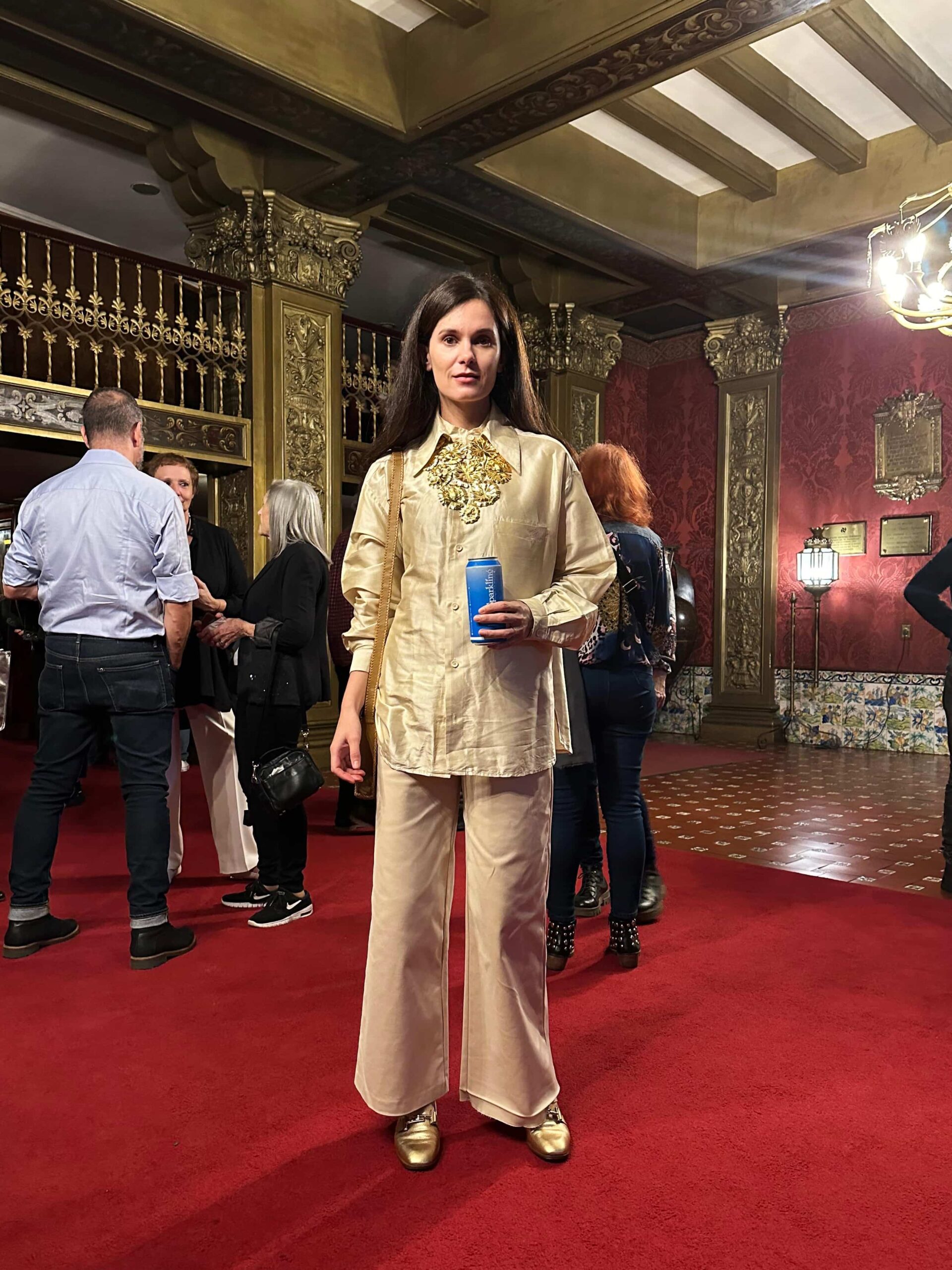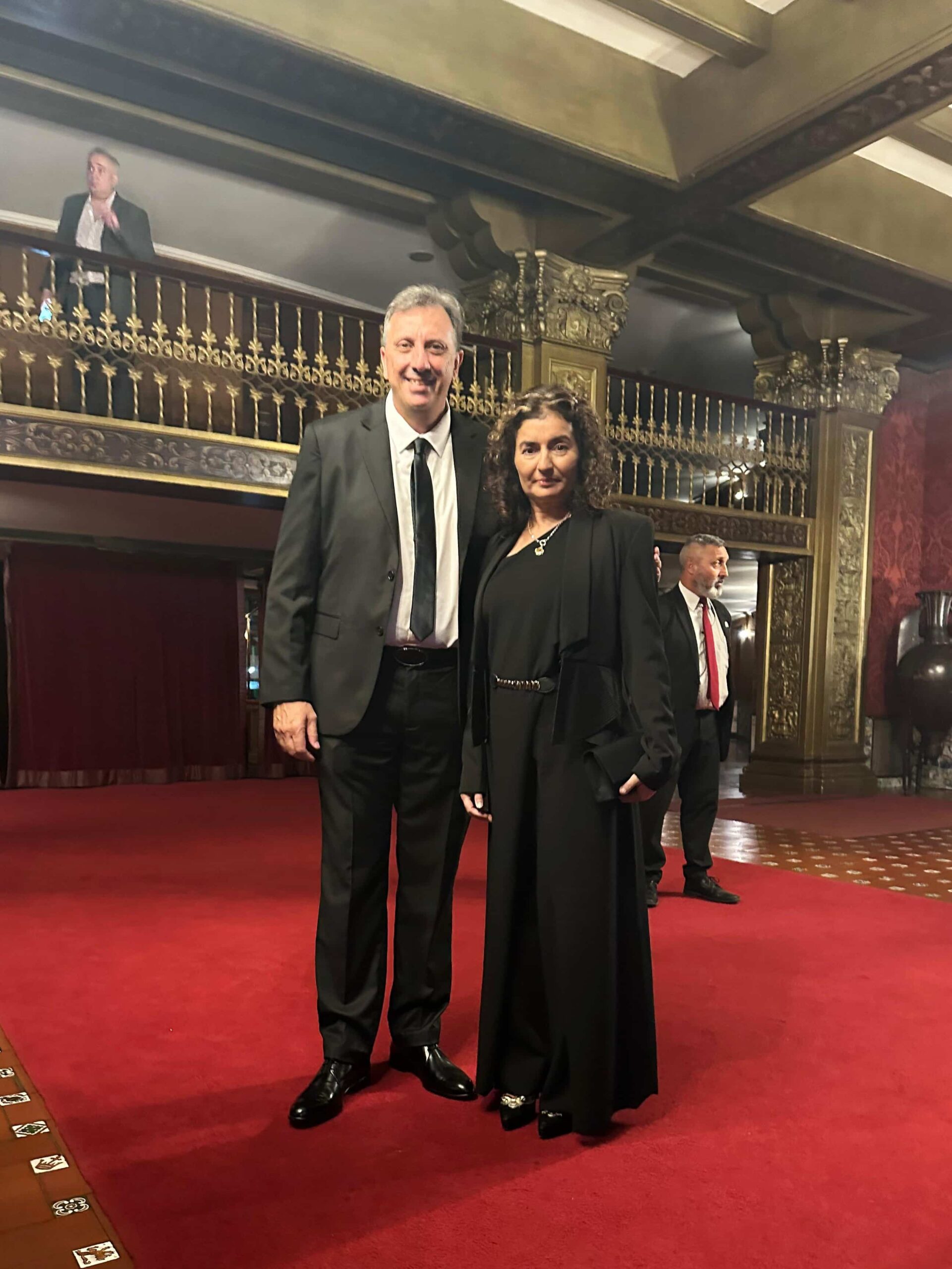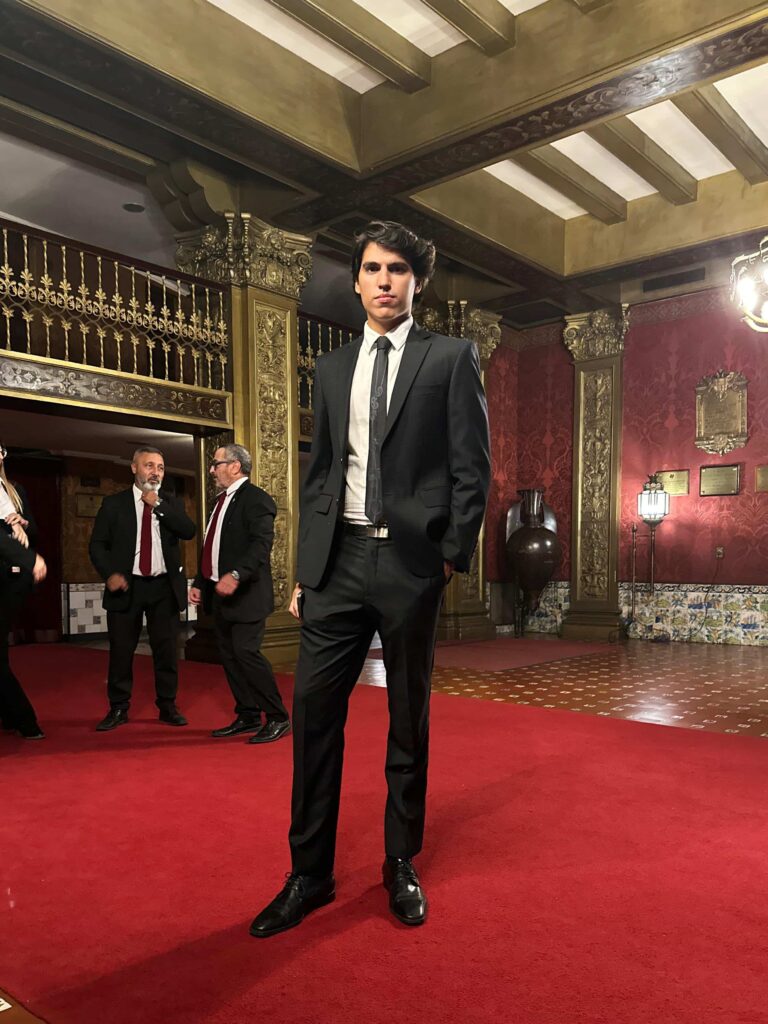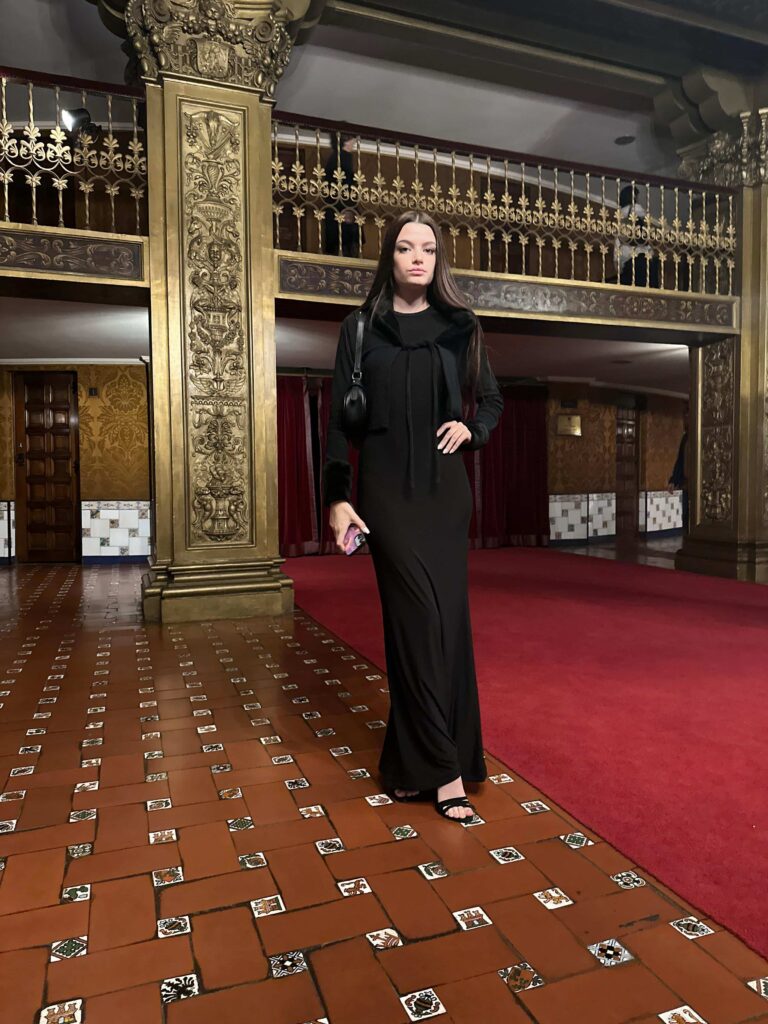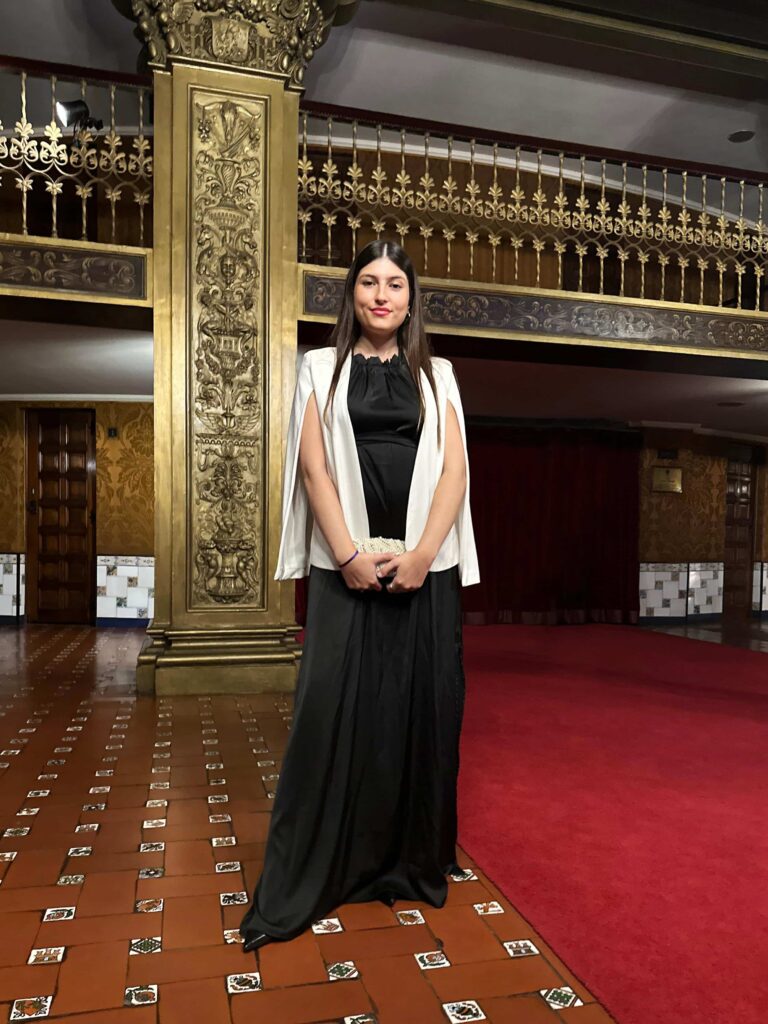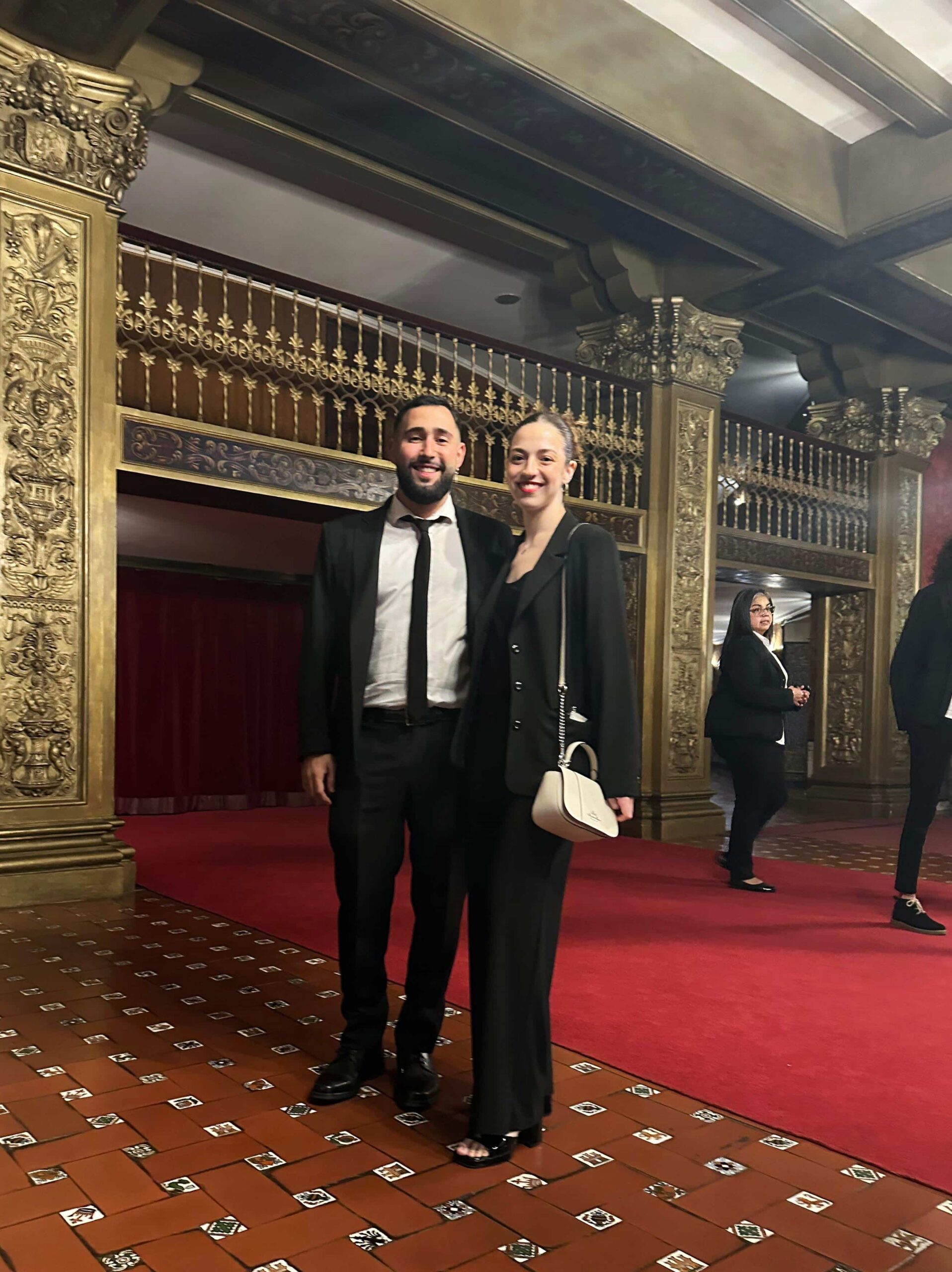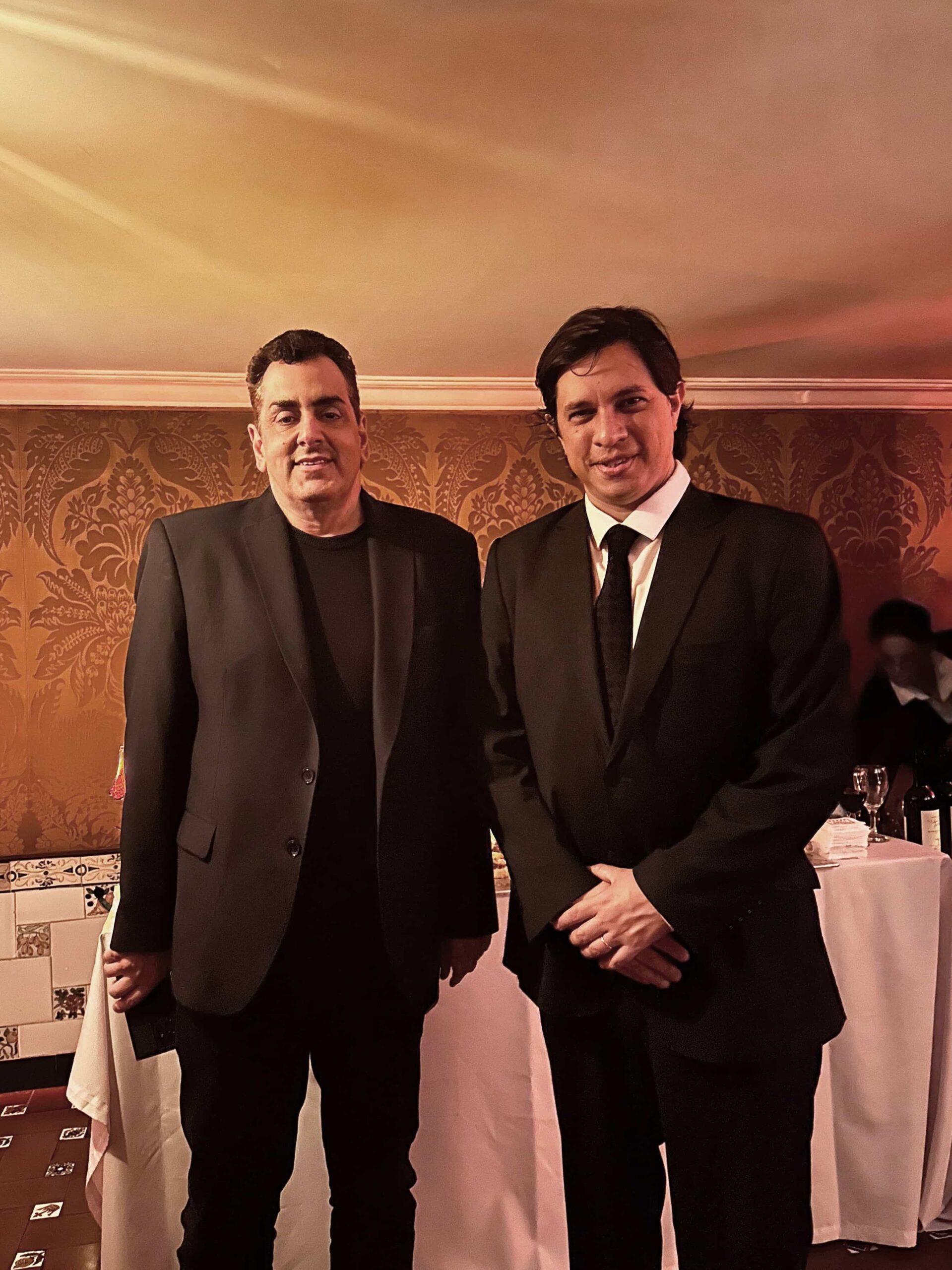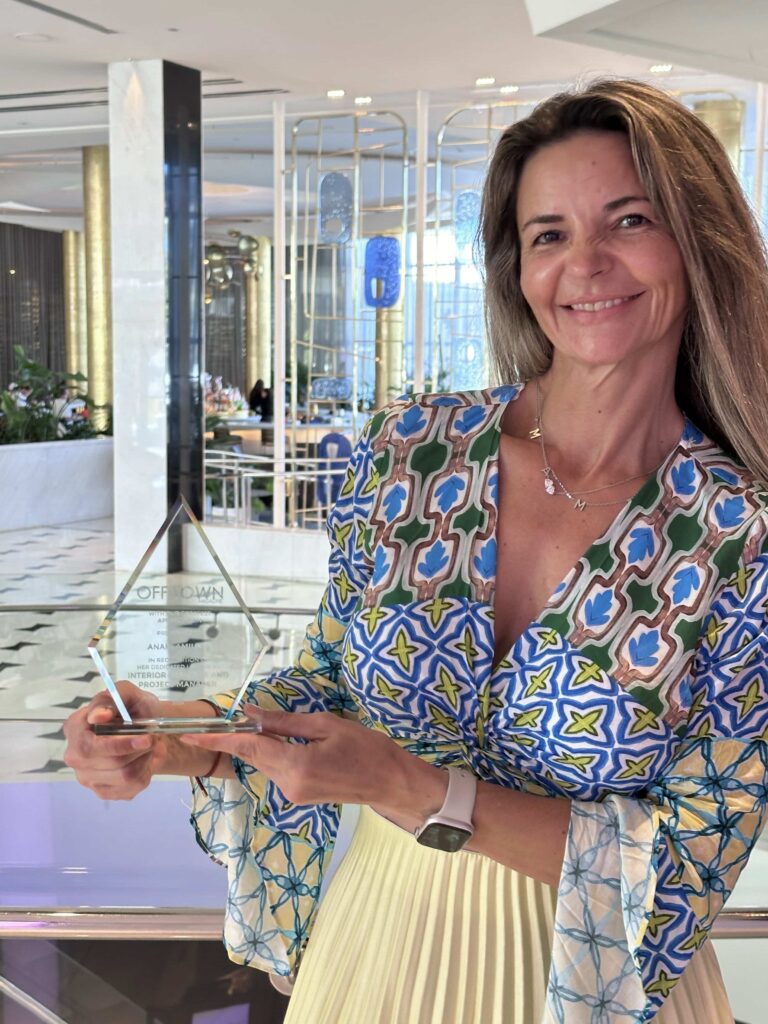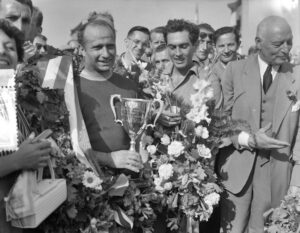With the scaffolding removed, revealing the majestic architecture, and the banners cleared to unveil the beautiful theater views, there was a relaunch at every level at the National Cervantes Theater in Buenos Aires, marking perhaps a change in cycle in Argentine culture.
Guests arrive at the building constructed by María Ana de Jesús Guerrero with the collaboration of Alfonso XIII of Borbón. The welcome with premium canned water from the luxury brand Sparkling, Spanish acorn ham from the world’s No. 1 ham shop, Enrique Tomas, Italy’s most exclusive coffee, Lavazza, and a stand from the French brand Guy Laroche already indicated that this event would be different from those seen in Argentina in recent decades.
Zenón Rolón was musically trained by Alfredo Quiroga at the Church of La Merced in Buenos Aires, learning with him the Traditional Catholic Mass, the most sublime musical structure. This was just part of the story because Rolón traveled to Florence and completed his training with the best masters, becoming a musical bridge between Argentina and Italy, and then composing over 60 musical pieces that were mysteriously forgotten.
Sebastián Irigo was in charge of the general direction, with musical direction by Fernando Albinarrate, Lucio Bruno-Videla, and Javier Lorenzo, who worked with the National Youth Symphony Orchestra Libertador San Martín and the National Choir of Argentine Music, and the masterful voices of Josefina Scaglione, Nacho Pérez Cortez, Jesús Villamizar, and Tincho Lups.
The Special Function at the Cervantes had the presence of traditional families such as Cutu and Santiago Sanchez Elía, Romina Fangio (granddaughter of the five-time champion Juan Manuel Fangio), singer Juli Rossa, the main representative of the Young Footwear Chamber Damián Gravagna, Valentina Ratazzi, Jorge Gold and family, and the special presence of Zenón Rolón’s granddaughter, who was honored with a gift at the end of the function. The organization was a collaboration between the luxury club The Presidents by Sergio Morinigo, which handled the catering curation and the VIP guest list, and the Friends of the National Cervantes Theater Association, which shone with a brilliant organization of the entire event in conjunction with the new governmental authorities, with the Theater under the direction of Gonzalo Demaría and the Secretary of Culture Leonardo Cifelli.
Zenón Rolón’s musical work waited over a hundred years to come to light, exactly 130 years, in this case with an adaptation of the work “Chin Yonk Strikes Again,” which he created in complicity with Enrique García Belloso. Chin Yonk is Jack the Ripper, Japanese, and settled in Patagonia, crowning an unforgettable night.
The critics of the work: extraordinary.
In the corridors, three generations crossed paths; golden Rolexes were seen again, innovative bracelets reading “Sixto de Bourbon King of Spain,” granddaughters dared to wear their grandmothers’ antique pearls, and just as it was in the early days of the Cervantes, discussions of transcendental topics resumed in the corridors, and private donations to the AATC were generated.
It seems that changes in Argentina are not only happening in politics but also in culture, and with the remarkable surprise of a “local Mozart,” Argentina could also emerge as a cultural game-changer on a global level.
